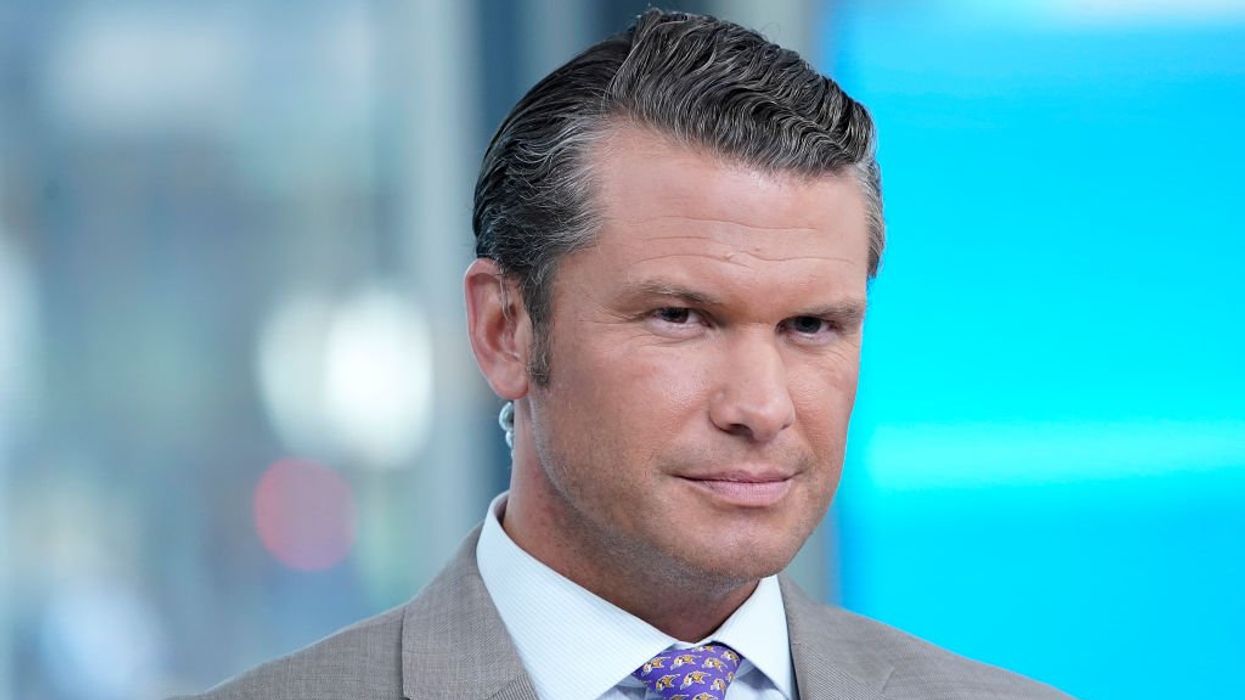
© 2024 Blaze Media LLC. All rights reserved.
 March for Marriage Tuesday (Photo: March for Marriage Facebook)
March for Marriage Tuesday (Photo: March for Marriage Facebook)
As a recent college grad of 22, I was likely the youngest person to have been invited to speak at the March for Marriage that took place this Tuesday. As thousands of us marched past the Supreme Court, I thought hard about what I wanted to say to the reporters and the protestors who claimed history is on their side. I marched for marriage and I spoke for marriage because I wanted to speak for millions of other young people around the country who believe that marriage should be defined by the law as a union between one man and one woman. Young people like me may have been quiet in the past, but we are here, and we are not giving up on marriage.
The truth is, my generation knows better than any generation before us how broken marriages or the absence of a mother or father can devastate a generation. Many Millenials, including myself, have experienced, at least for a time, what it is like to live in a household without either a mother or a father. I understand from firsthand experience the importance of a mother and a father because for a period of my life, my mother was a single mother. From that experience, I know that both male and female bring important balance to parenting that children long for and that children deserve.
We don’t have to look far to see that my generation and those before me have failed to protect and respect the institution of marriage. In fact, many of my peers have given up on the idea of marriage. I have not. The more I really think about the implications redefining marriage will have for society, the more I am convinced that support for traditional marriage will only grow over time. My view is not one solely rooted in religion or ideology but instead rooted in a critical look at the institution of marriage and why it is important that the state recognize and license it. In 1973, when the Supreme Court heard Roe v. Wade, the country expected support for abortion to grow. But instead, support for abortion has dwindled. In the same way I believe support for traditional marriage will grow in my generation and in my children’s generation.
My generation has a choice--we can either recognize the truth of the importance of our classic understanding of marriage or we can deny it. We can either protect marriage and fight for it, or we can hand it away to people who want to redefine it--to undefine it, to separate it from its deep roots in human nature. But when we see hard evidence that traditional marriage is better for children and better for society than a new definition of marriage, why would we do anything other than protect and defend marriage?
So I decided to march for marriage to represent many others I know but whom I never see represented in the mainstream media--those of us who understand that it’s okay to be counter-cultural and it's okay to stand up for what we believe, even if it's not the most popular side of an issue among our peers. It’s right to support traditional marriage; and it is right to defend traditional marriage.
Gia Colucco is an associate at the American Principles Project.
Want to leave a tip?
We answer to you. Help keep our content free of advertisers and big tech censorship by leaving a tip today.
Want to join the conversation?
Already a subscriber?
more stories
Sign up for the Blaze newsletter
By signing up, you agree to our Privacy Policy and Terms of Use, and agree to receive content that may sometimes include advertisements. You may opt out at any time.
© 2024 Blaze Media LLC. All rights reserved.
Get the stories that matter most delivered directly to your inbox.
By signing up, you agree to our Privacy Policy and Terms of Use, and agree to receive content that may sometimes include advertisements. You may opt out at any time.


